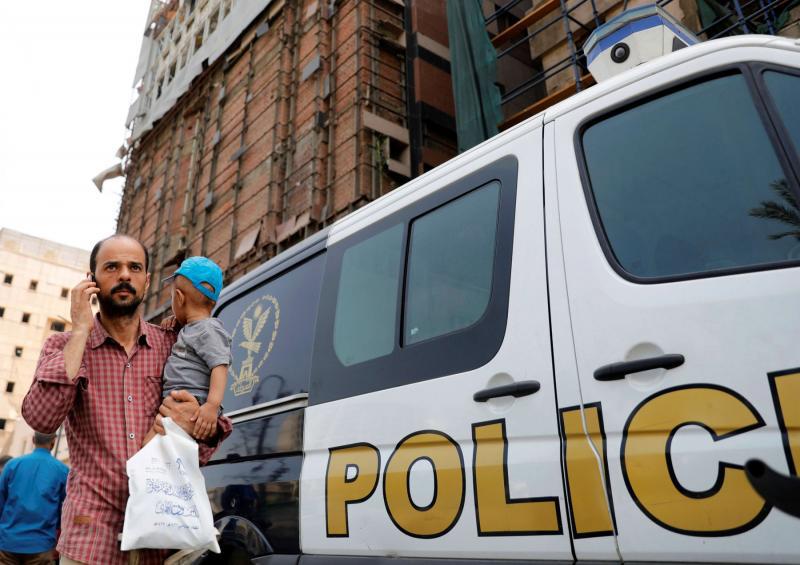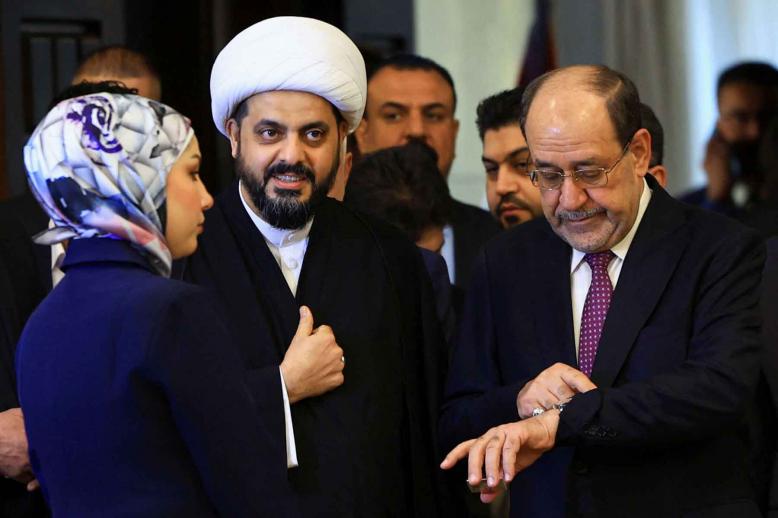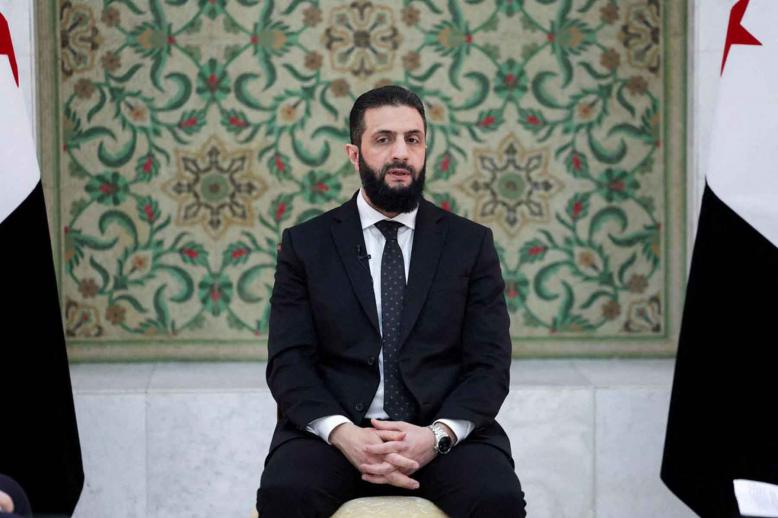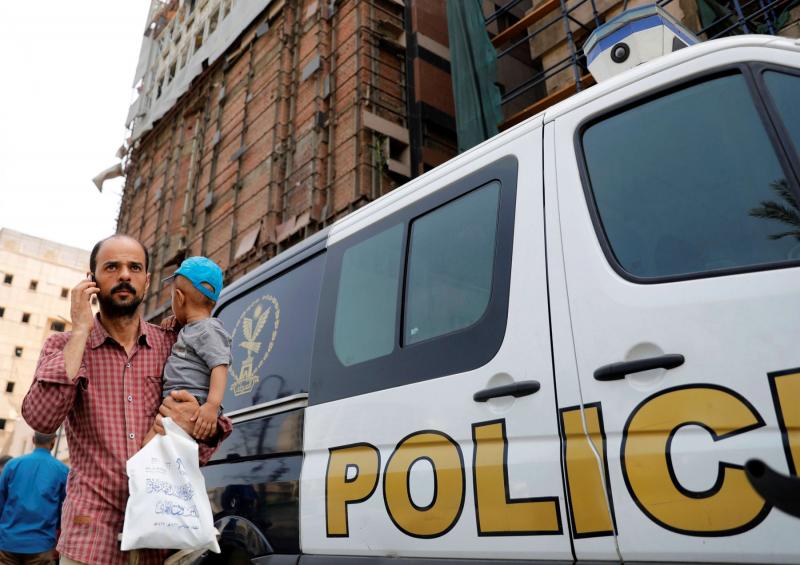Egypt rights advocates raise alarm over privacy violations
CAIRO - Egyptian rights advocates expressed alarm at the rate of arbitrary arrests and searches, especially enforced examinations of ordinary people's cell phones, which, they said, go against the Egyptian Constitution and law and jeopardise personal freedoms.
"This is a violation of the personal freedoms of citizens," said human rights advocate Negad el-Borai. "State authorities need to reconsider these practices altogether."
There was a surge in searches of cell phones on the street following limited protests last September and the checks have continued.
Protests, largely backed by the Muslim Brotherhood, erupted after a construction contractor accused Egyptian President Abdel Fattah al-Sisi and the army of corruption. Small numbers of people participated in the protests in several cities but authorities' reaction, observers said, was exaggerated.
That reaction included the searches of the cell phones of people on the street following the protests. The searches were carried out without warrants and those who refused to allow their phones to be checked were arrested.
People with even the slightest political message on their phone were taken to police stations for further interrogation. Most were imprisoned for days.
On October 20, a woman was severely beaten by plainclothes police in the Nile Delta province of Moufia and her cell phone destroyed when she refused to hand it over.
The enforced searches of cell phones became a common practice on the streets, especially ahead and after protests. Policemen would force passers-by to queue up, hand over identification cards and cell phones and wait until the phones were searched.
A political comment on Facebook, an e-mail from a friend complaining about commodity prices, or a Twitter comment critical of Sisi would be enough to arrest the phone’s owner.
From September 20-October 31, 3,000 people were forced to give over their phones for examination and arrested, local rights group Egyptian Initiative for Personal Rights said. Of those arrested, most were released within days without being referred to trial. However, 950 people remain in police custody, the initiative said.
"The repetition of such incidents proves that these practices have become a habit of security agencies ahead of or after demonstrations," the initiative said in a report February 13.
On October 3, the National Council for Human Rights, the semi-official rights watchdog, lashed out at the searches and arrests. It criticised police for not allowing those searched or arrested to communicate with relatives.
The Egyptian Interior Ministry accused the council of depending on wrong information that was meant to spread fear among citizens. The arrests, it said, were carried out within the framework of the law that gives police the right to arrest people in the act of breaking this law.
Security analysts said police sometimes must take exceptional measures, especially considering the threat of terrorism.
"They take these exceptional measures to protect national security," said retired police General Mamdouh al-Kidwani. "Cell phones have become instrumental in spreading false information, recording negative videos or calling for protests."
Egypt has been cracking down on extremist groups, including a branch of the Islamic State in Sinai. It has been battling a campaign of disinformation, supposedly directed by the Muslim Brotherhood in Qatar and Turkey.
Nevertheless, the enforced searches of cell phones violate the privacy of citizens, whose protection is guaranteed by the Egyptian constitution, rights advocates said. Article 57 of the constitution stipulates the protection of this privacy and bans the seizure or search of communication tools without warrants.
The searches and arrests reflect growing fear inside government of any opposition to Sisi or the free expression of such opposition on the street, the advocates said.
Egypt paid dearly in economic, political and security terms for the 2011 protests that led to ousting long-time President Hosni Mubarak. Sisi vowed several times that the protests would not happen in Egypt again.
To avoid a repetition of the 2011 scenario, Sisi allowed police unprecedented powers. Egypt's emergency law, in effect since April 2017, gives police exceptional authority. The law was renewed October 27, 2019, for three months. Egyptian law also bans protests without government authorisation.
However, Sisi's desire to protect Egyptian security has come at a cost of citizens' freedoms and privacy, rights activists said.
"There is a lack of respect inside state institutions for the law and the constitution," said Khaled Emam, executive manager of local NGO Arab Programme for Human Rights Activists. "The same institutions are crossing all red lines as far as personal freedoms and the privacy of citizens are concerned."
This article was originally published in The Arab Weekly.






